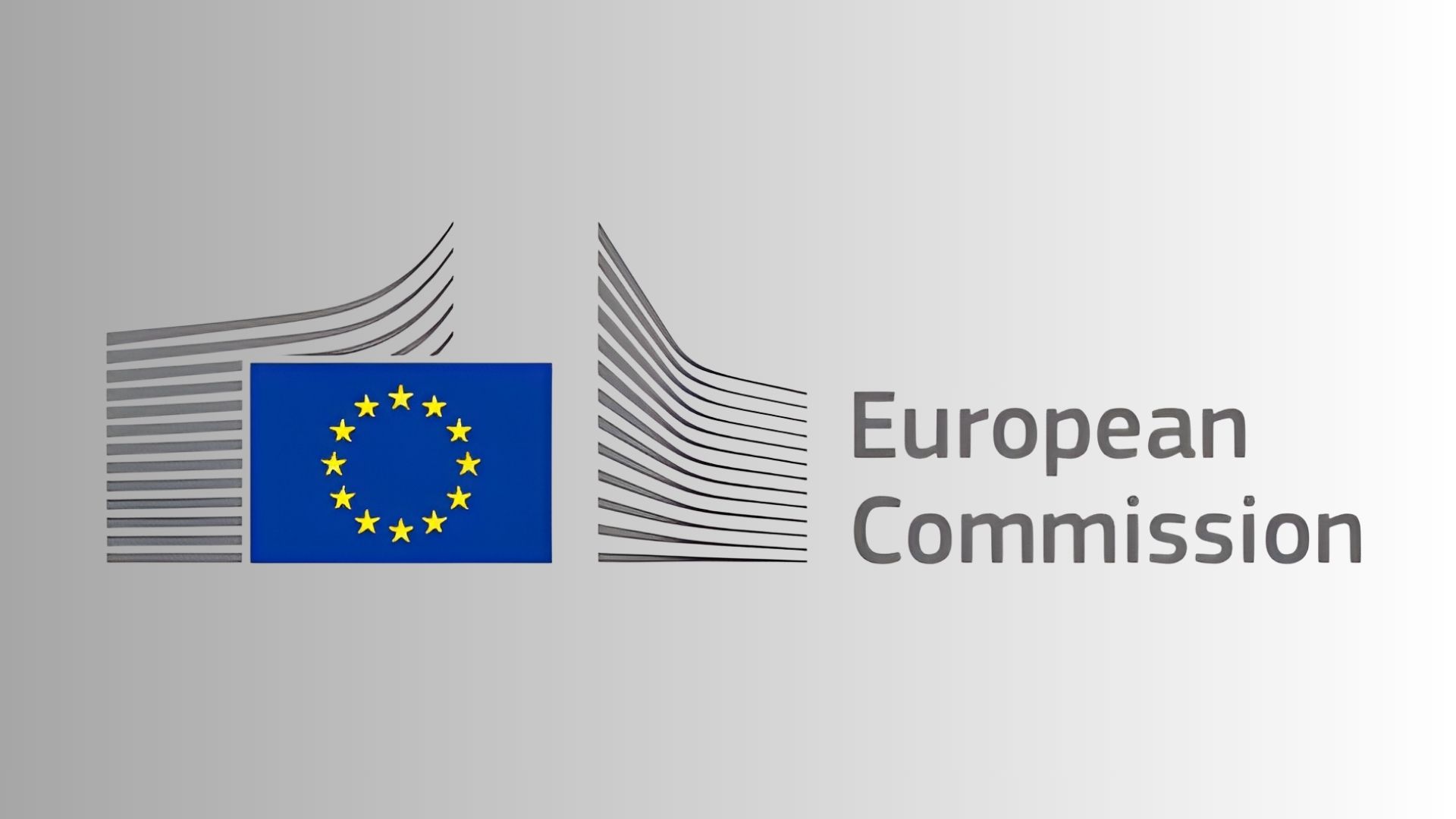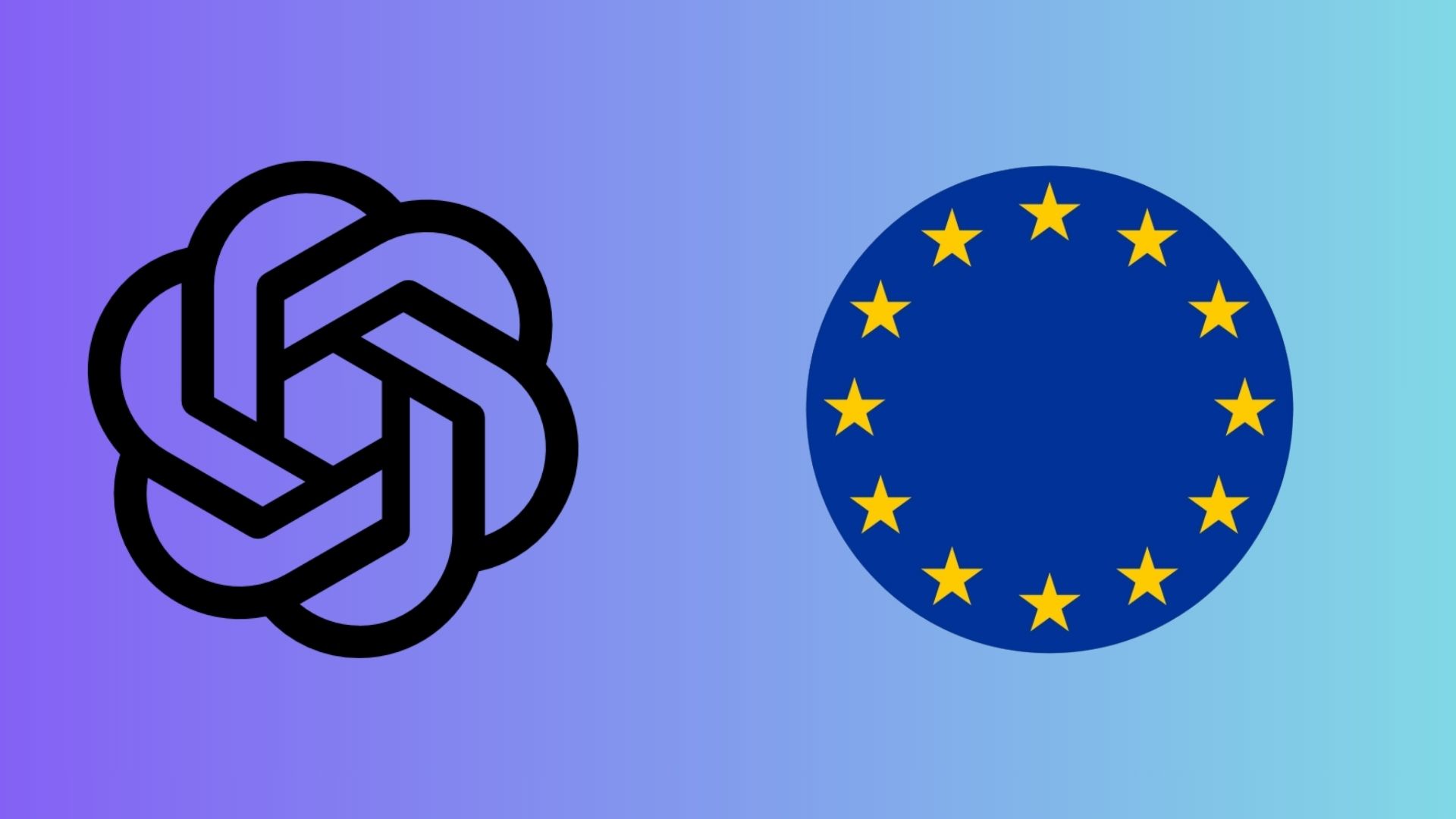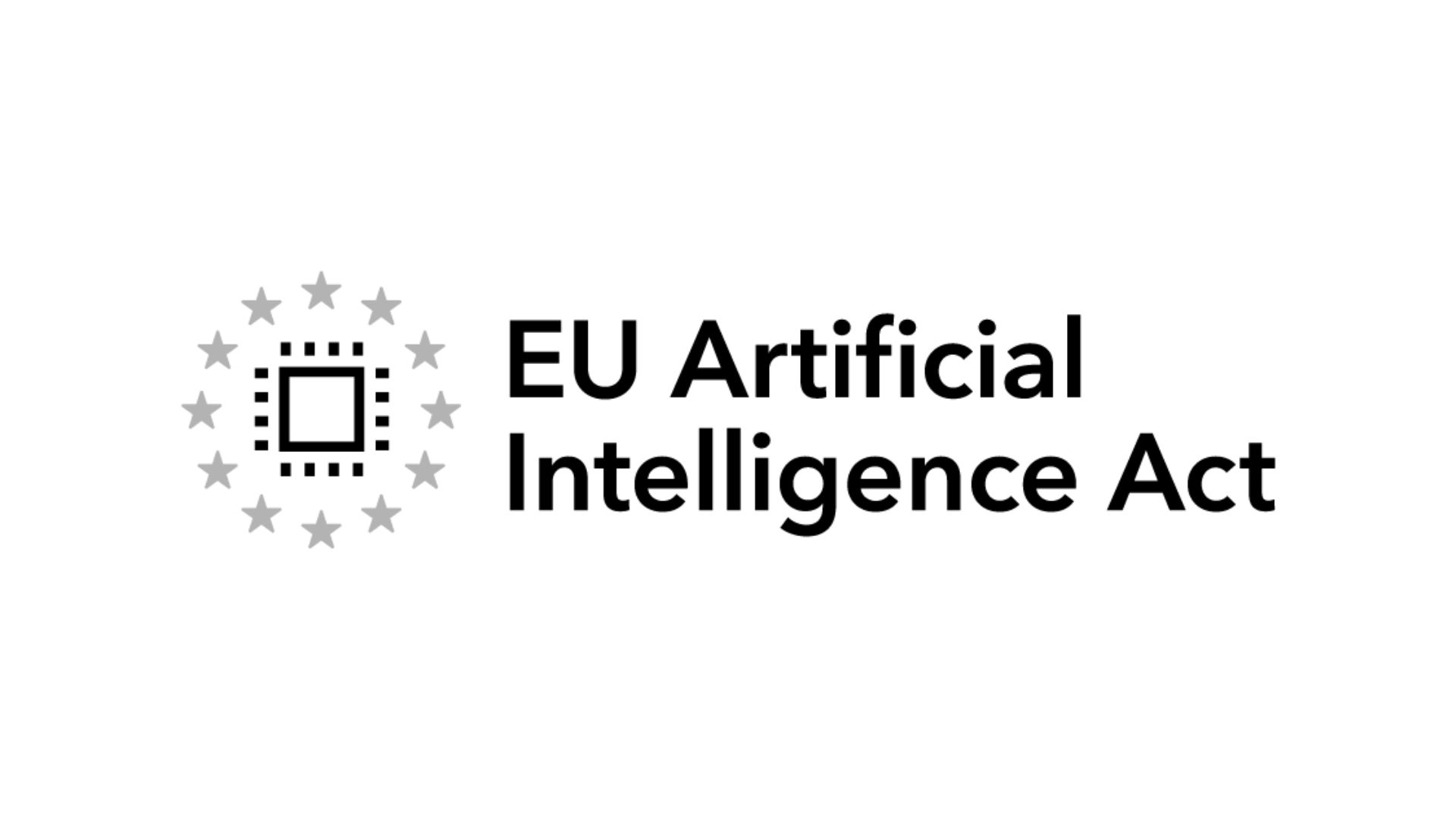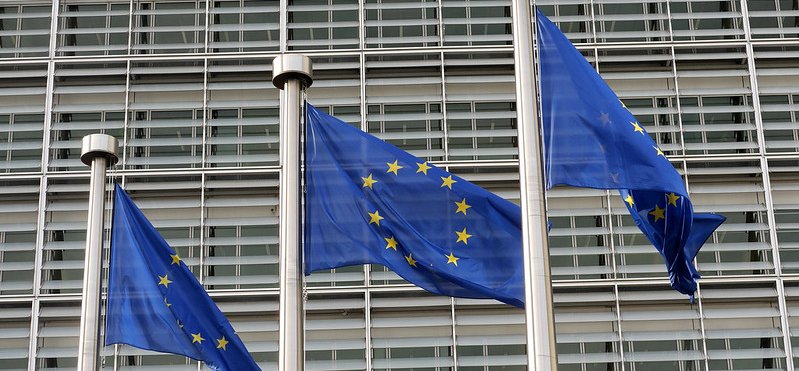The European Commission has announced the addition of six new AI Factories, increasing the total to 19 facilities across 16 Member States.
The new centres in the Czech Republic, Lithuania, the Netherlands, Romania, Spain, and Poland will give startups, SMEs, and industry access to AI-optimised supercomputers and support.
The expansion is backed by over €500 million in joint investment from the EU and Member States, bringing the total funding for the AI Factories and Antennas initiative to more than €2.6 billion. The investments aim to boost Europe’s supercomputing capacity and speed up AI adoption in key sectors.
AI Factory Antennas will provide national AI communities with secure remote access to supercomputing resources alongside the factories. The initiative backs the EU’s AI Continent Action Plan and complements AI Gigafactories for developing and training advanced AI models.
By expanding infrastructure and expertise, the EU aims to position itself as a global leader in AI, fostering innovation, competitiveness, and adoption of AI across both industry and the public sector.
Would you like to learn more about AI, tech and digital diplomacy? If so, ask our Diplo chatbot!









